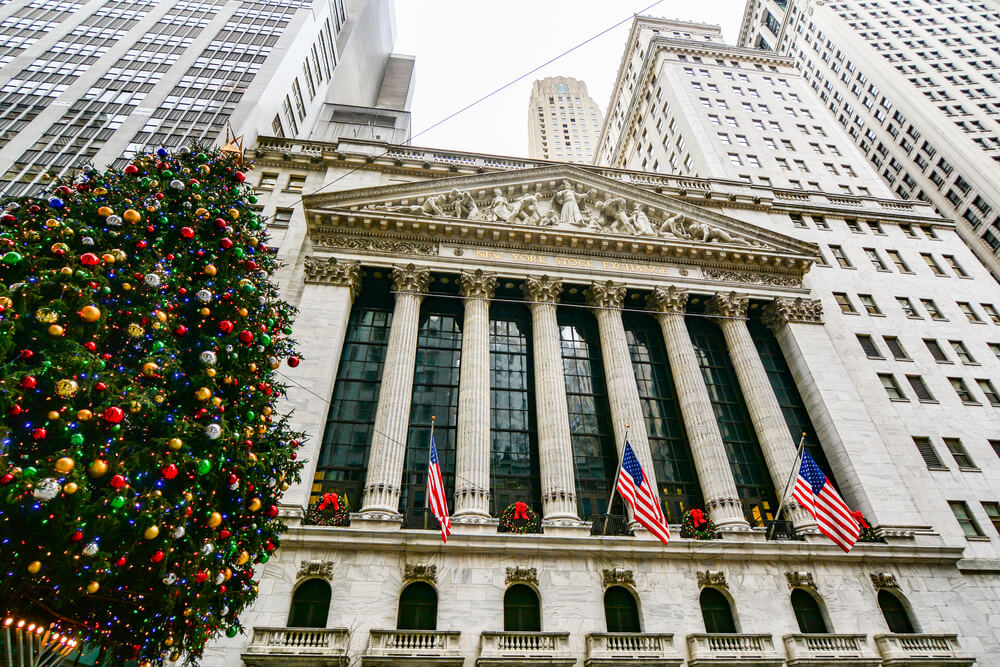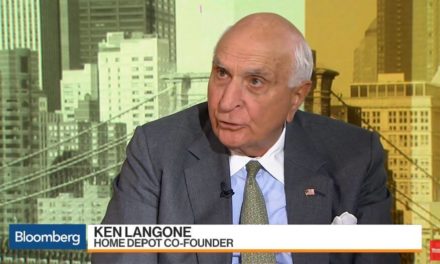President Donald Trump has another round of tariffs planned to hit Chinese imports on Dec. 15, but one investor doesn’t think he’ll rock the holiday season and the stock market by going through with them — yet.
Peter Boockvar, chief investment officer at Bleakley Advisory Group, thinks Trump may delay the tariffs, which total $160 billion in goods that mostly fall into the realm of consumer products, even if there isn’t any sort of new trade deal between the world’s two largest economies.
“I do not believe that they will follow through with the December tariffs,” Boockvar said in an interview on CNBC’s “Trading Nation” on Tuesday. “If we do not have a (China trade) deal, I think they’ll couch it and we’re just postponing the tariffs.”
Why would Trump delay the tariffs? Boockvar thinks the president places a high priority on a strong market and economy during the busy holiday season.
“The administration knows how sensitive we are to the possibility of those extra tariffs particularly hitting the consumer,” Boockvar said.
So far, the Trump administration has imposed tariffs on $360 billion worth of Chinese imports, but most of the duties have affected other sectors of the economy like manufacturing, which suffered its fourth straight month of contraction in November.
The two sides have worked through 13 rounds of negotiations, but nothing concrete has come out of the meetings. In October, the U.S. and China had agreed to “phase one” of a modest deal that would delay raising some tariffs on Chinese goods in exchange for Beijing increasing its purchase of American farm products, but nothing has been put to paper.
Traders are hanging onto any new developments in the negotiations, and the markets were rocked Tuesday after Trump warned there may not be a new deal until after the 2020 presidential election.
And speaking of the markets, Boockvar’s outlook for stocks in 2020 isn’t optimistic, mostly because shares have become so expensive.
“We’re trading at 19 times 2019 earnings. You need earnings growth to reaccelerate in 2020 in order to substantiate that kind of multiple,” Boockvar said. “We know that for the full-year 2019, earnings at best will be flat and most likely down slightly.”
He doesn’t like the fundamentals behind the rally of 2019 that has blasted the S&P 500 up almost 32%. The Dow Jones Industrial Average is right behind with a 26% rise since last Christmas, which has been fueled by the Federal Reserve’s three interest rate cuts to a range of 1.5% to 1.75%.
Boockvar thinks 2020 means a return to the basics.
“People like to say stocks are high because rates are low,” he said. “But rates are low because earnings and cash flows are getting negatively impacted by the global growth slowdown.”




